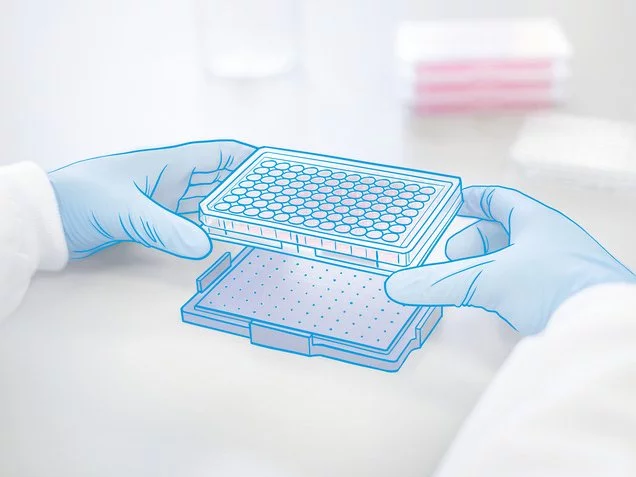CELLSTAR® cell-repellent surfaces
The CELLSTAR® cell culture vessels with cell-repellent surfaces prevent cell adherence to promote the spontaneous formation of three-dimensional spheroids and as an essential accessory for the magnetic 3D cell culture technology (m3D)











